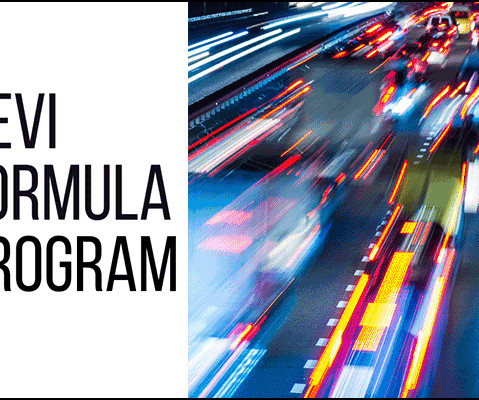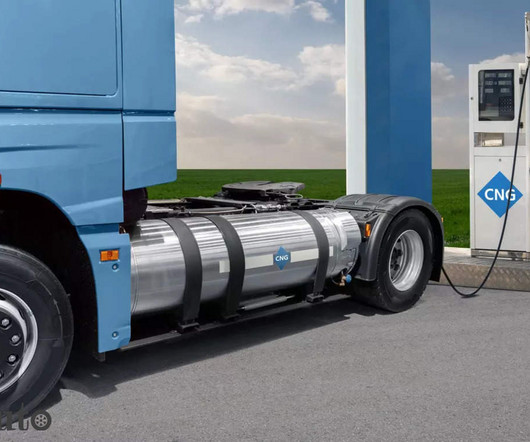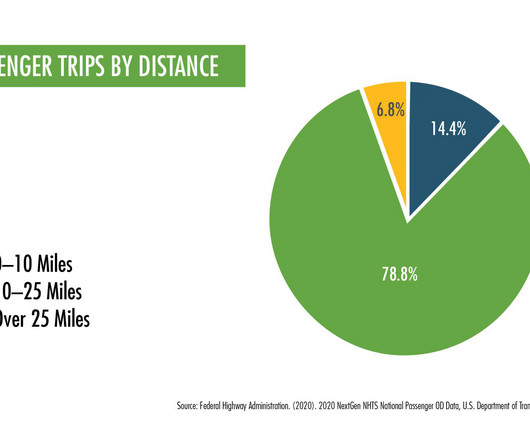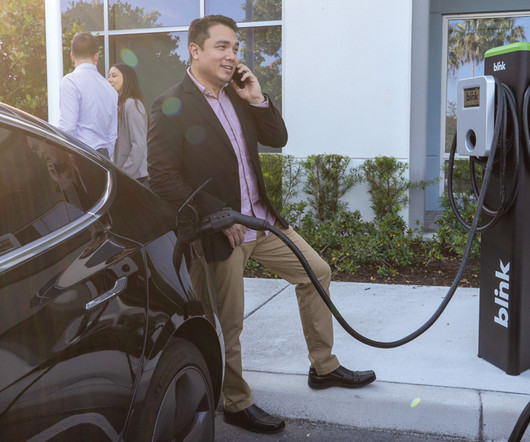GM to introduce CNG-gasoline bi-fuel Chevrolet Impala in US next summer
Green Car Congress
OCTOBER 16, 2013
2015 Chevrolet CNG-Capable, Bi-Fuel Impala. General Motors will build a Chevrolet Impala sedan for retail and fleet customers that operates on either gasoline or compressed natural gas (CNG), GM Chairman and CEO Dan Akerson announced today. Click to enlarge. Total range is expected to be up to 500 miles (805 km).








































Let's personalize your content